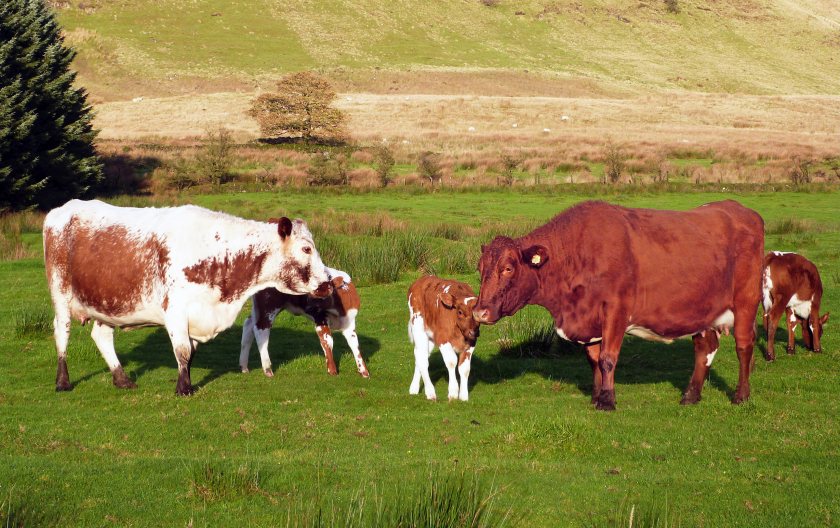
Soaring cattle prices are leaving many British farmers dangerously underinsured, a leading rural insurance expert has warned.
Toby Baker, of Lincoln-based Dallas Scott Davey, has issued a timely warning following sharp increases in cattle prices over the past year.
He cautions that while market values have soared, many insurance policies remain outdated and fail to reflect current valuations.
“Livestock prices have increased over the past 12 months, with significant rises recorded across all classes of cattle – from dairy herds and suckler cows to store cattle, prime fat stock and calves,” he said.
“However, insurance policies are often left unchanged, failing to reflect the true current market value of these animals.”
He emphasised that many policies are simply renewed on an annual basis, without adjustment for the dramatic shifts in livestock values occurring throughout the year.
“Increasingly, farmers are finding that their existing insurance no longer provides adequate cover,” Mr Baker added.
“As cattle prices continue to strengthen, the gap between market value and insured value is growing.”
To illustrate the scale of the changes, he pointed out that in June 2024, a price of 476p per kilogram deadweight was considered strong for finished cattle.
By May 2025, that figure had climbed to around 650p per kilogram. Store cattle once insured for £1,600 may now fetch £2,400, while premium fat cattle are reaching upwards of £3,000 at some markets.
Mr Baker also warned of the financial consequences of underinsurance, due to the principle of “average” in insurance policies.
“If livestock is underinsured, any claim will be reduced in proportion to the shortfall,” he explained.
“The result can be a costly surprise at the worst possible time. There is a legal duty of ongoing disclosure, and failing to update a policy could lead to significant financial loss.”
Looking ahead, Dallas Scott Davey expects further volatility in cattle prices over the next two years, making proactive insurance management even more essential.
“While it’s tempting to keep premiums low, the risk of being underinsured could far outweigh any short-term savings,” Mr Baker said.
“We strongly advise routine consideration and discussions with an experienced rural insurance adviser to ensure that cover is appropriate.
“In a changing agricultural landscape, maintaining accurate insurance cover is critical to protecting the financial stability of rural businesses.”
